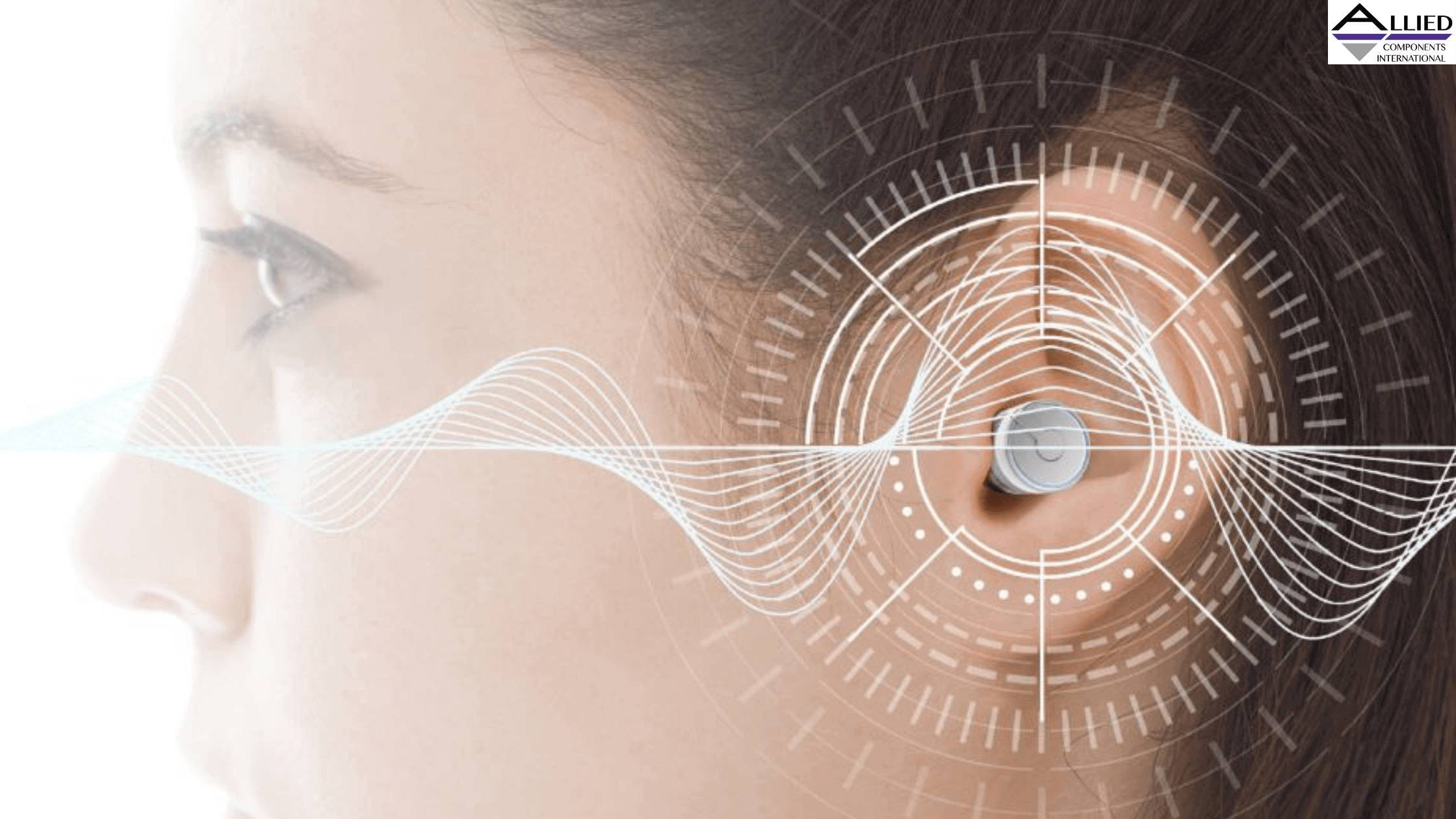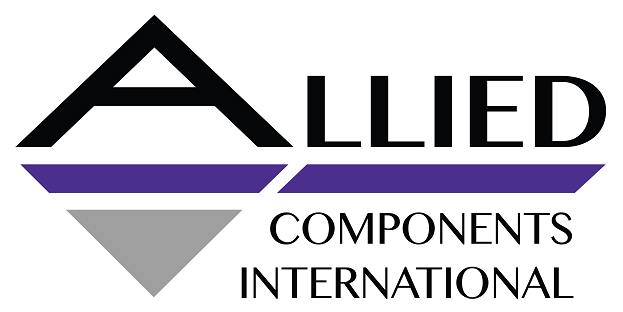Molex Road Noise-Canceling System to Eliminate Electronic Vehicle Road Noise

While electronic vehicle (EV) engines are quiet and offer a pleasant driving experience, they do not drown out any road noises. As such, EV owners may experience irritating road sounds that may also annoy drivers. Automotive electronics manufacturers are now developing Active-Noise Cancellation (ANC) systems to enhance the overall EV user experience.
Active Noise-Canceling (ANC) Sensors Can Mute Road Noise
A typical ANC system incorporates both a noise field sensor and an attenuated or canceled noise sensor. Most of the two-sensor ANC systems will include input and error detection capabilities, a canceling source, and an adaptive filter.
Noise-canceling headphones usually use ANC technology with adoptive controllers and cancelation paths. ANC can now replace large and costly sound-absorbing solutions in modern EVs.
How the Molex Road Noise-Cancellation System Works
Recently, automotive electronics maker, Molex, revealed its brand of ANC-based road noise-canceling (RNC) system, which comprises accelerometer and microphone sensors. The company integrates its RNC sensors with ADI’s Analog Devices’ Automotive Audio Bus or A2B technology. Together with A2B technology, the RNC sensors convert EV’s chassis vibrations into a noise-eliminating sound wave, counteracting normal sound waves coming from the road.
Molex’s RNC and A2B Integration Benefits
When it comes to canceling out the unwanted soundwave, time is of the essence. As such, Molex utilizes A2B network technology to minimize the time required for an RNC sensor to receive the chassis vibration input. The setup might work best with four to eight RNC sensors on the EV’s chassis framework to speed up the capture of vibrations.
The use of A2B should enable the sensors to be daisy-chained and substantially minimize malfunctions, such as cabling weight. Also, Molex claimed that the RNC-A2B integration promotes faster responses and more effective noise elimination by reducing the time it takes for the signal to reach the microchip.
Also Read - How to Choose the Perfect Aluminum Electrolytic Capacitor
Noise Cancellation Solves the “Highway Hypnosis” Problem
Besides using RNC sensors and A2B audio bus technology, the noise-canceling solution from Molex is compatible with Active Acoustics software. According to Yoel Naor, CEO of Silentium, the technology will make it safer and more enjoyable to drive EVs. Integration with Silentium should also help shorten automotive design cycles and cut EV engineering costs.
Adas Molex Noise Cancellation is a Welcome Innovation
Unlike their combustion counterparts, EV engines run silently, which is one of their best design attributes. However, their susceptibility to road noise is an issue that automotive engineers have been working to fix for a while now. The new Molex RNC system is, therefore, a positive improvement on ADAS systems and the general EV user experience. For more insights into superior electronics and magnetic component solutions, visit our Allied Components International website.


